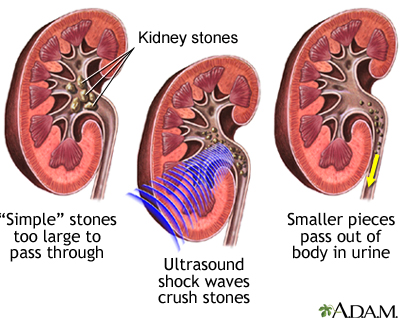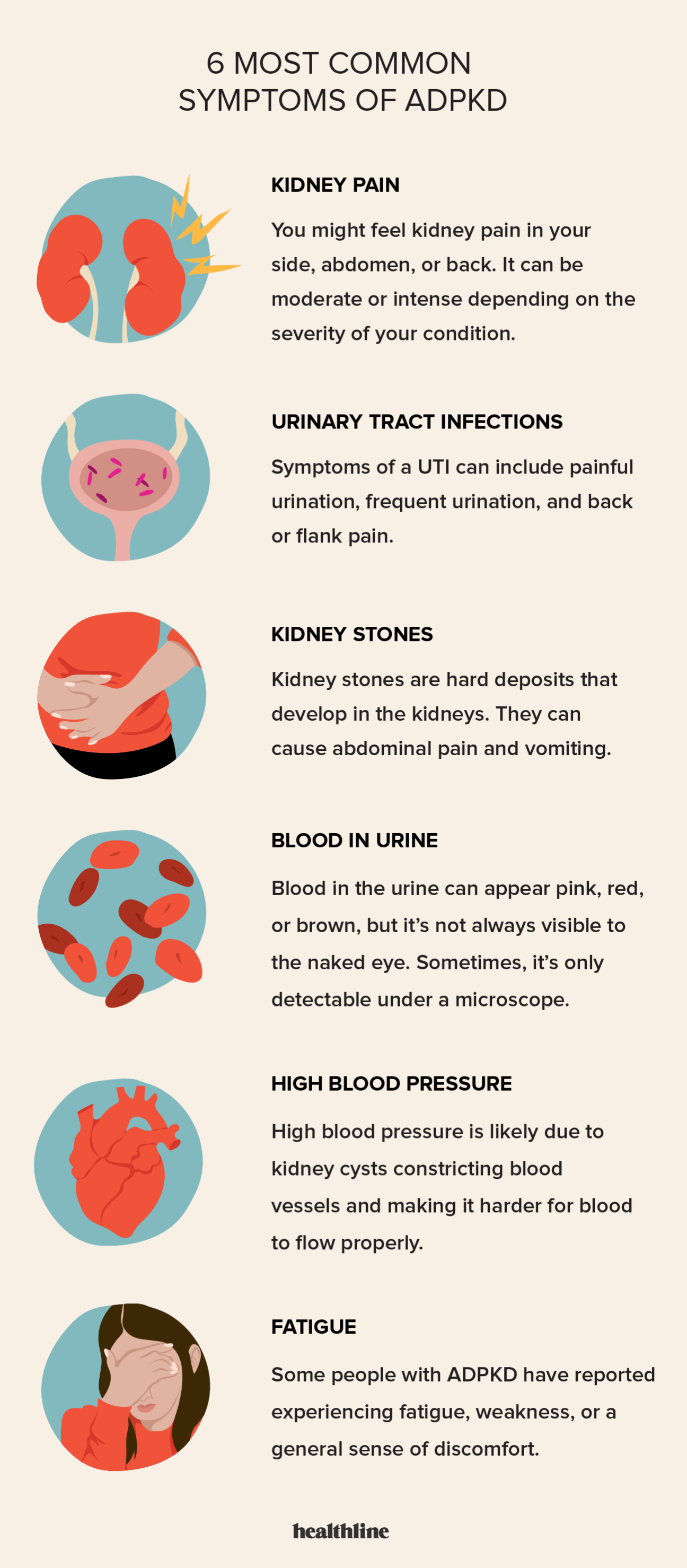Comprehending the Differences Between Kidney Stones vs UTI: Secret Symptoms and Treatments
Comprehending the Differences Between Kidney Stones vs UTI: Secret Symptoms and Treatments
Blog Article
An In-Depth Analysis of Treatment Alternatives for Kidney Stones Versus Urinary System System Infections: What You Required to Know
The difference between treatment choices for kidney stones and urinary tract infections (UTIs) is vital for reliable individual monitoring. While UTIs are commonly resolved with anti-biotics that give quick alleviation, the strategy to kidney stones can differ substantially based on individual factors such as stone dimension and structure. Non-invasive approaches like extracorporeal shock wave lithotripsy (ESWL) might be appropriate for smaller stones, yet bigger or obstructive stones typically require more intrusive strategies. Recognizing these nuances not only educates professional choices however additionally boosts person results, inviting a more detailed assessment of each condition's treatment landscape.
Recognizing Kidney stones
Kidney stones are hard down payments developed in the kidneys from minerals and salts, and comprehending their composition and development is essential for reliable management. The main kinds of kidney stones consist of calcium oxalate, calcium phosphate, struvite, uric acid, and cystine stones, each with distinctive biochemical origins. Calcium oxalate stones are the most common, normally arising from high levels of calcium and oxalate in the urine. Aspects such as dehydration, dietary behaviors, and metabolic conditions can add to their development.
The development of kidney stones occurs when the focus of specific compounds in the pee increases, resulting in formation. This formation can be influenced by urinary pH, volume, and the presence of inhibitors or promoters of stone development. As an example, reduced pee volume and high acidity contribute to uric acid stone development.
Comprehending these variables is important for both prevention and treatment (Kidney Stones vs UTI). Efficient administration methods might consist of dietary adjustments, boosted liquid intake, and, sometimes, medicinal treatments. By acknowledging the underlying causes and kinds of kidney stones, medical care companies can carry out tailored methods to reduce reoccurrence and improve patient end results
Review of Urinary System System Infections
Urinary tract infections (UTIs) are common microbial infections that can influence any kind of component of the urinary system, consisting of the kidneys, ureters, bladder, and urethra. Most of UTIs are triggered by Escherichia coli (E. coli), a kind of bacteria normally located in the intestinal tracts. Ladies are much more susceptible to UTIs than men as a result of physiological differences, with a shorter urethra promoting less complicated microbial access to the bladder.
Signs of UTIs can vary depending on the infection's location however frequently include frequent peeing, a burning feeling during urination, gloomy or strong-smelling urine, and pelvic discomfort. In a lot more severe instances, particularly when the kidneys are involved, symptoms might also consist of fever, cools, and flank pain.
Risk aspects for creating UTIs include sexual task, particular types of birth control, urinary system tract irregularities, and a damaged immune system. Prompt treatment is necessary to protect against problems, including kidney damages, and typically includes antibiotics tailored to the specific germs involved.
Treatment Options for Kidney stones

If the stones are bigger or create substantial pain, non-invasive treatments such as extracorporeal shock wave lithotripsy (ESWL) might be used. This strategy makes use of audio waves to damage the stones into smaller fragments that can be more easily gone through the urinary system.
In instances where stones are as well big for ESWL or if they obstruct the urinary system, ureteroscopy might be suggested. This minimally intrusive procedure involves the use of a small extent to get rid of or damage up the stones straight.

Treatment Options for UTIs
How can doctor efficiently attend to urinary tract infections (UTIs)? The key strategy includes a complete evaluation of the person's symptoms and case history, complied with by appropriate analysis testing, such as urinalysis and urine society. These tests aid recognize the original pathogens and determine their antibiotic sensitivity, assisting targeted therapy.
First-line therapy usually includes anti-biotics, with choices such as nitrofurantoin or trimethoprim-sulfamethoxazole, depending upon neighborhood resistance patterns. For straightforward instances, a brief course of anti-biotics (3-7 days) is typically sufficient. In recurring UTIs, suppliers might think about prophylactic prescription antibiotics or alternative methods, consisting of lifestyle alterations to minimize threat elements.
For people with complex UTIs or those with underlying wellness issues, a lot more hostile treatment may be essential, potentially entailing intravenous antibiotics and additional analysis imaging to analyze for problems. Furthermore, person education on hydration, hygiene techniques, and symptom management plays a vital duty in prevention and reoccurrence.
Contrasting End Results and Performance
Reviewing the results and effectiveness of therapy choices for urinary system infections (UTIs) is vital for enhancing patient treatment. The primary therapy for uncomplicated moved here UTIs typically entails antibiotic therapy, with alternatives such as nitrofurantoin, trimethoprim-sulfamethoxazole, and fosfomycin.
On the other hand, treatment end results for kidney stones differ considerably based upon stone structure, area, and dimension. Alternatives vary from conventional monitoring, such as hydration and pain control, to interventional treatments like extracorporeal shock wave lithotripsy (ESWL) and ureteroscopy. While ESWL has a high success price for smaller stones, complications can emerge, demanding further interventions.
Inevitably, the effectiveness of therapies for both problems depends upon exact medical diagnosis and tailored techniques. While UTIs usually react well to antibiotics, kidney stone administration might call for a multifaceted technique. Constant analysis of therapy outcomes is crucial to enhance person experiences and lower recurrence rates for both UTIs and kidney stones.
Final Thought
In recap, therapy methods for kidney stones and urinary system system infections vary significantly due to the distinct nature of each condition. Non-invasive approaches such as extracorporeal shock wave lithotripsy are suitable for smaller sized stones, whereas bigger or obstructive stones may need ureteroscopy.
While UTIs are generally resolved with antibiotics that offer fast relief, the method to kidney stones can differ dramatically based on private elements such as stone dimension and composition. Non-invasive methods like extracorporeal shock wave lithotripsy (ESWL) might be appropriate for smaller sized stones, yet larger or obstructive stones commonly need more intrusive techniques. The key types of kidney stones consist of calcium oxalate, calcium phosphate, struvite, uric acid, and cystine stones, each with unique biochemical origins.In contrast, therapy outcomes for kidney stones vary dramatically based on stone size, structure, and location. Non-invasive techniques such as extracorporeal shock wave lithotripsy are ideal for review smaller sized stones, whereas larger or obstructive stones may call for ureteroscopy.
Report this page